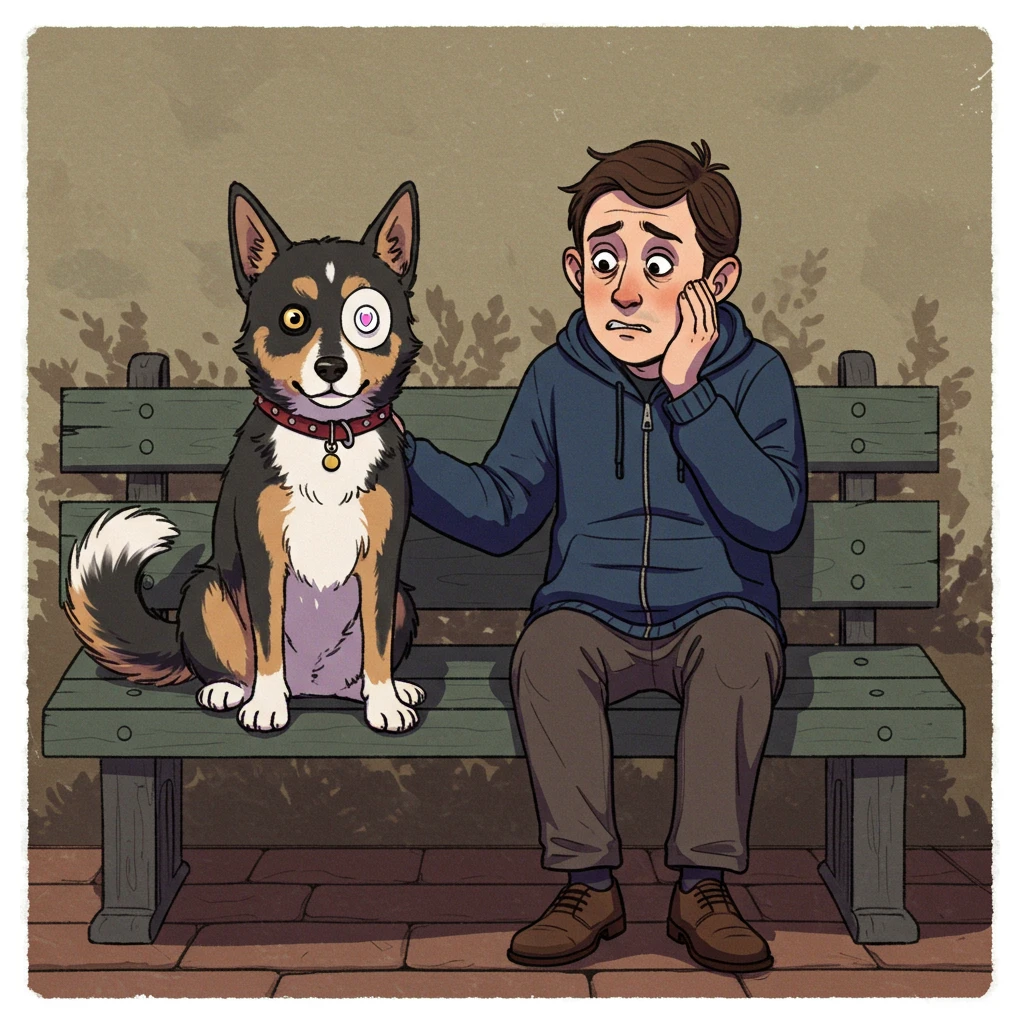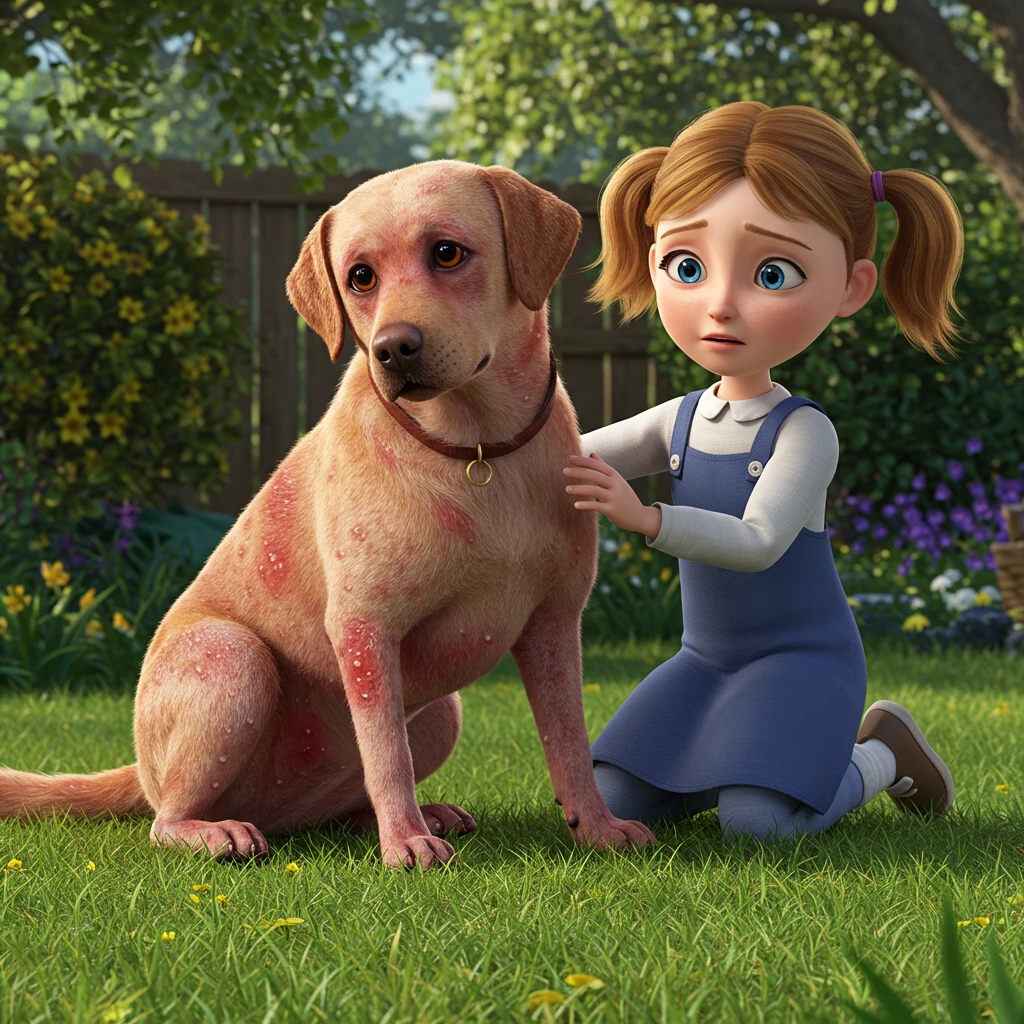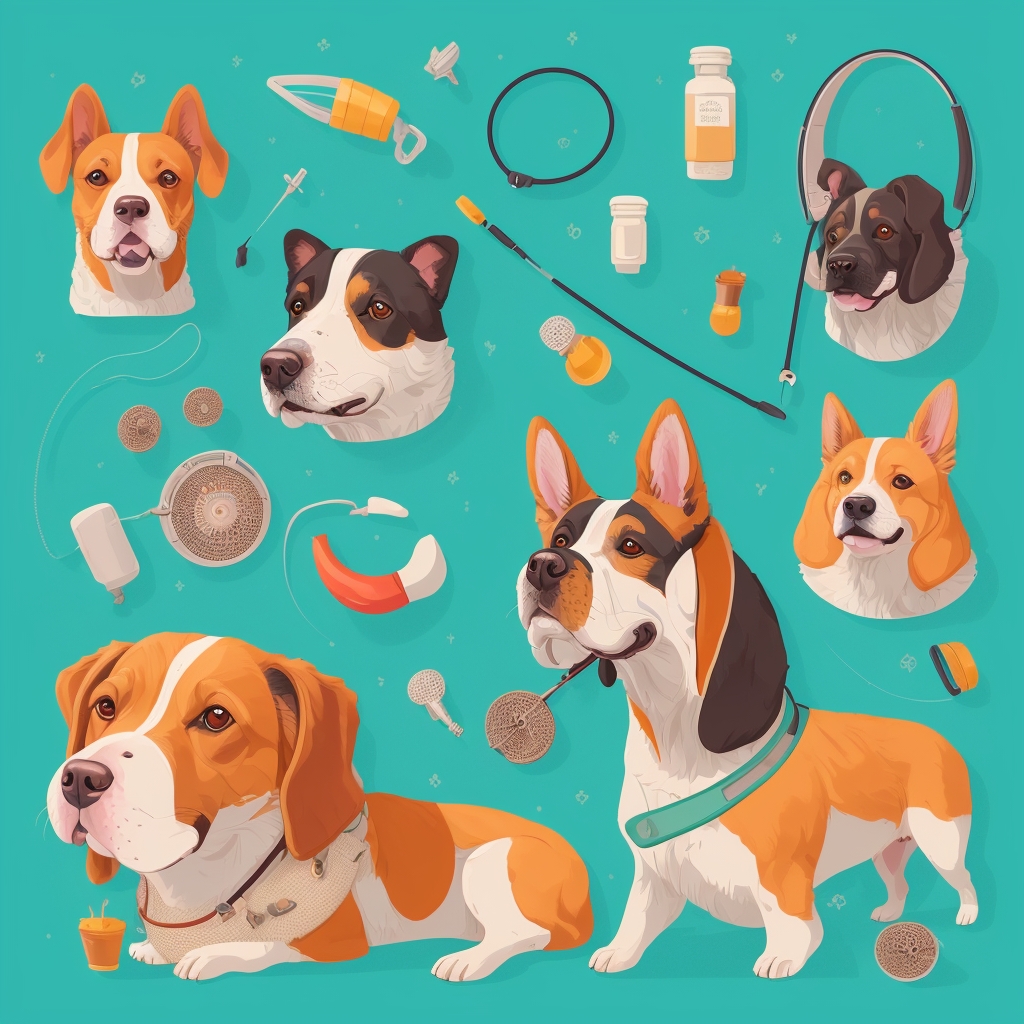Our four-legged companions’ health is a constant concern for all dog owners. One common symptom that can alarm owners is eye discharge. While in many cases a watery eye isn’t necessarily a sign of seriousness, it’s essential to know when to worry. This article will guide you through the possible causes of a watery eye in dogs, the warning signs, and best practices to ensure your pet’s well-being.
Causes of a Watery Eye
Benign Causes
There are several reasons why a dog might have a watery eye. Here are some of the most common benign causes:
Allergies
Allergies can cause watery eyes in dogs, just like in humans. Pollen, dust mites, or even certain foods can trigger an allergic reaction.
Irritation
Irritants like dust, smoke, or household chemicals can also cause eye irritation. If your dog has been exposed to these substances, a watery eye can be a normal reaction.
Conjunctivitis
Conjunctivitis, or inflammation of the conjunctiva, can also cause a watery eye. It can be a viral, bacterial infection, or an allergic reaction.
More Serious Causes
However, it’s crucial to remain vigilant, as a watery eye can also be a symptom of a more serious condition:
Corneal Ulcer
A corneal ulcer is a wound on the surface of the eye that can cause intense pain and discharge. This problem requires immediate veterinary attention.
Glaucoma
Glaucoma is a serious disease that leads to increased intraocular pressure. It can cause pain and, if left untreated, lead to blindness.
Eye Tumors
In rare cases, the presence of a tumor on or behind the eye can cause discharge. This requires a thorough veterinary evaluation.
Warning Signs
It’s essential to know how to recognize the signs that should alert you. If your dog has a watery eye with one or more of the following symptoms, it’s imperative to consult a veterinarian:
- Redness of the eye: Significant redness can indicate inflammation or infection.
- Apparent pain: If your dog rubs its eyes, blinks frequently, or shows signs of pain, this requires immediate attention.
- Behavioral change: Apathetic behavior or signs of distress can also be indicators of more serious problems.
- Purulent discharge: If the discharge is thick and yellowish or greenish, it may be a sign of infection.
Concrete Examples and Use Cases
Case 1: Seasonal Allergies
A dog owner notices their pet’s eyes watering in the spring. After consulting a veterinarian, it turns out their dog suffers from seasonal allergies. The vet recommends antihistamines and regular eye cleanings to relieve the discomfort.
Case 2: Irritation from a Household Product
Another owner noticed their dog had a watery eye after cleaning the house with a new product. By identifying the cause, they stopped using the irritating product, and the watery eyes quickly disappeared.
Case 3: Corneal Ulcer
An emergency vet visit was necessary for a dog that had a watery eye accompanied by pain. After a thorough examination, a corneal ulcer was diagnosed. Treatment involved intensive care and medication, but the dog ultimately recovered thanks to rapid intervention.
Key Points and Best Practices
- Monitor your dog: Pay attention to changes in your pet’s behavior, including eye discharge.
- Consult a veterinarian: When in doubt, it’s best to consult a professional. Early diagnosis can make a difference.
- Avoid irritants: Minimize your dog’s exposure to environmental irritants and chemicals.
- Clean the eyes: Use a clean, damp compress to gently clean your dog’s eye if necessary.
- Follow veterinary recommendations: If your veterinarian prescribes treatment, be sure to follow their instructions carefully.
Conclusion
A watery eye in a dog can be a sign of various conditions, ranging from harmless to more serious problems. As a responsible owner, it’s essential to stay vigilant and consult a veterinarian if you have any doubts. Your pet’s health depends on your ability to recognize symptoms and act quickly. By following best practices, you can contribute to your dog’s well-being and ensure they live a healthy and happy life.
Have you noticed any other symptoms in your dog’s eyes or overall behavior that are concerning you?







